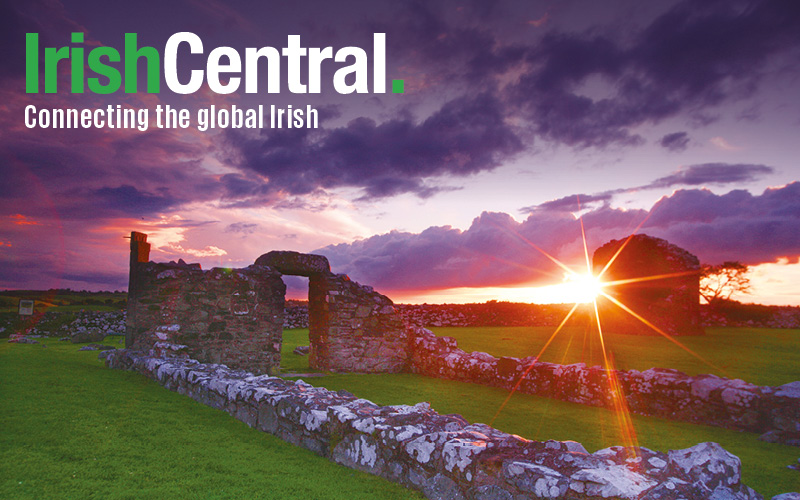The families of the 11 people killed in the Ballymurphy area of West Belfast in 1971 have brought their campaign for justice to the U.S.
This week the group’s representatives have scheduled meetings with prominent Irish community leaders, and they will lobby politicians on Capitol Hill.
Over 36 hours between August 9 and 11, 1971, the Parachute Regiment shot dead 11 unarmed civilians in the West Belfast housing estate of Ballymurphy, in a mass killing that has been called Belfast’s Bloody Sunday. Those who were killed included a local priest and a 45-year-old mother.
The Ballymurphy massacre unfolded a full six months before the Paras were deployed to Derry with tragic consequences on Bloody Sunday, but the event has never received the same level of official scrutiny as the Derry killings.
Reasons cited for the apparent disinterest include a lack of political will and the fact that there was the lack of on the ground press reporters over the weekend it occurred.
“We know we’re fighting a hard battle,” Briege Voyle, whose 45-year-old mother Joan Connolly was shot dead, told the Irish Voice.
“We didn’t have the world’s press there when it happened the way Derry did. If you look at the inquest papers the British filed, they say there were no witnesses to the event. Not one.
“Twenty years later we were able to produce 150 witnesses. The government never sent anyone to knock on our doors. It’s time for a proper investigation.”
Voyle says the campaign’s mission is simple -- they want the history books changed.
“They say that my mother died shooting pistols and machine guns. This wasn’t a gun woman. This was an innocent woman with eight children and a grandchild. I want that acknowledged,” Voyle said.
The Ballymurphy group wants the independent international investigation they believe they were entitled to on the day. They also want the British government to publicly acknowledge that the victims were all innocent people.
“We don’t want one of those 11 o’clock at night apologies where people are watching a different channel and they miss it,” says Voyle. “We want an apology that admits it should never have happened and that it won’t happen again.”
Any Irish American group or organization who can send statements of support for the campaign are welcome, said John Teggart, another campaign spokesperson.
“Send letters in support of an inquiry to the British Prime Minister David Cameron, send them to the British secretary of state, send them to the Irish government and the taoiseach (prime minister) and the Irish foreign affairs minister. Make them public,” Teggart added.
“We have a website were people can go to read about the story, and make donations if they want to,” added Voyle.
Visit www.ballymurphymassacre.com for more information.




Comments